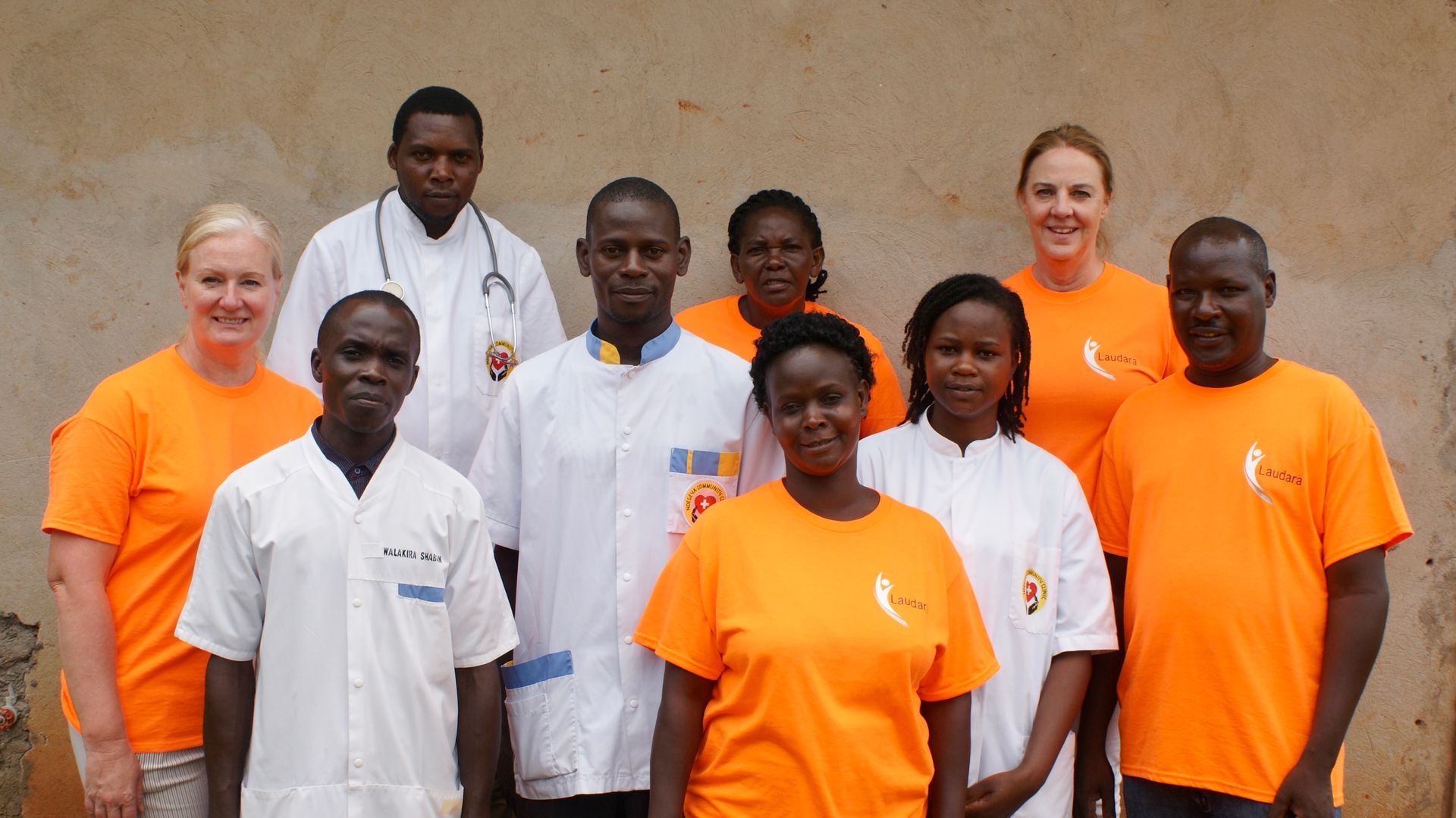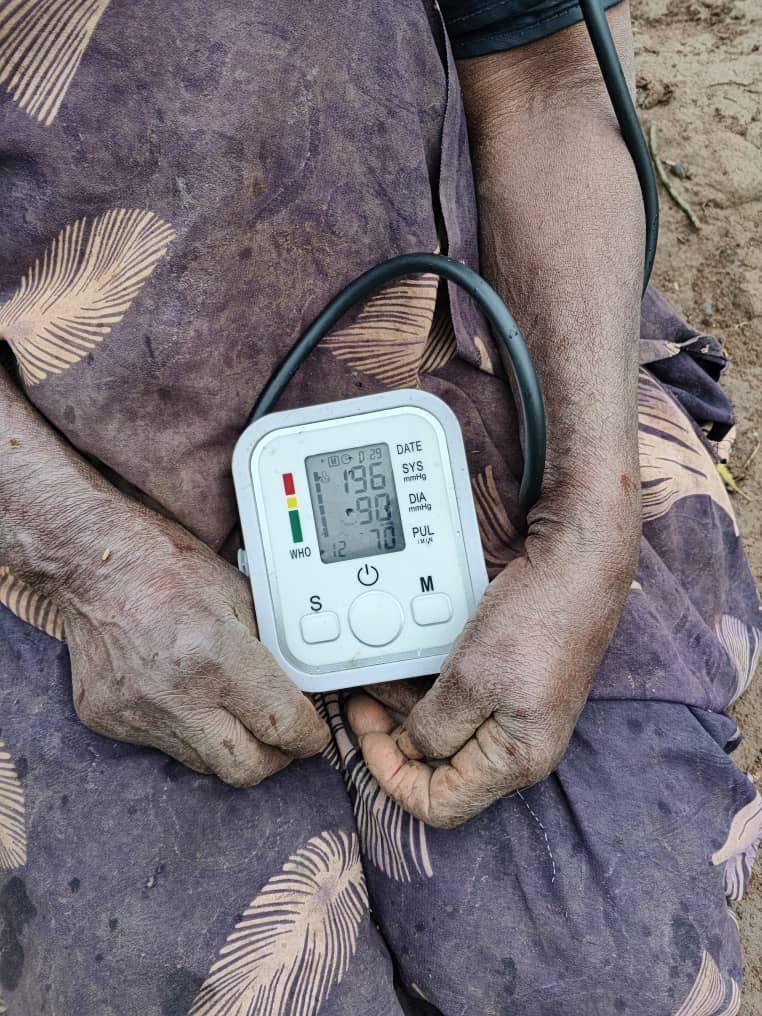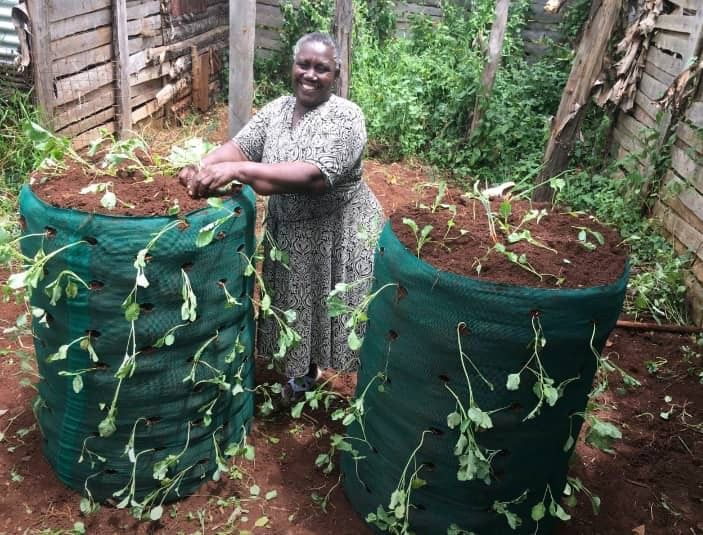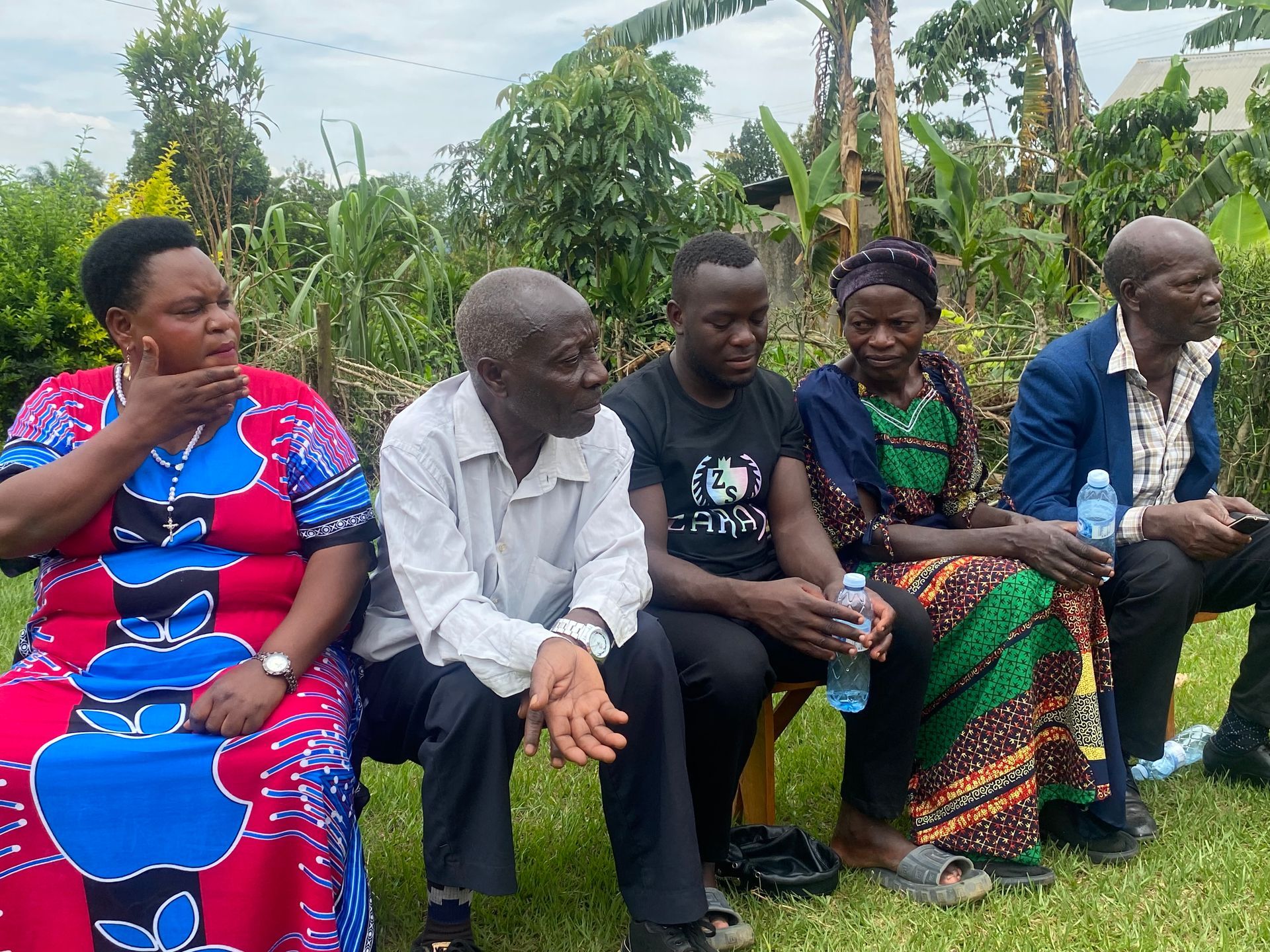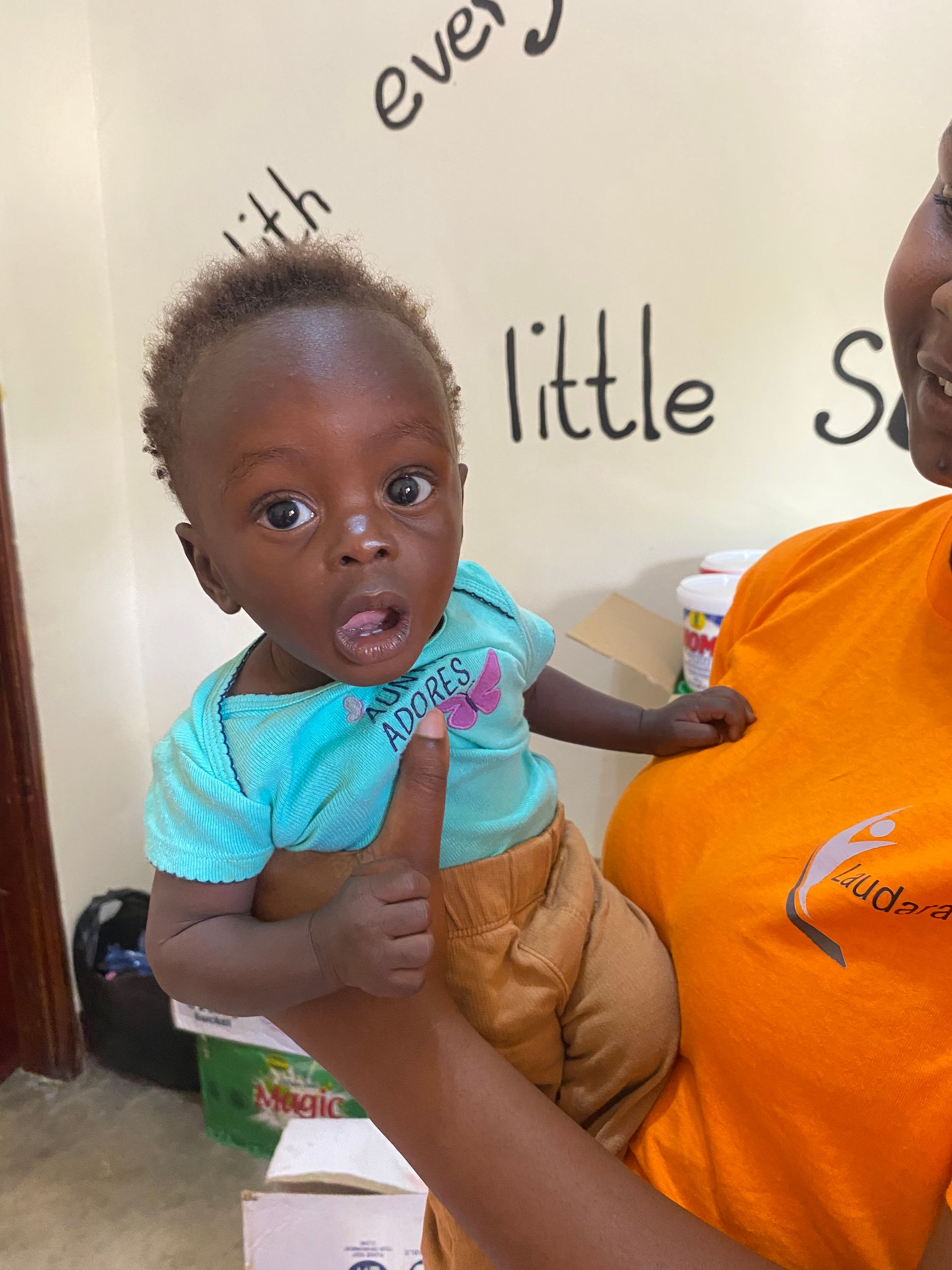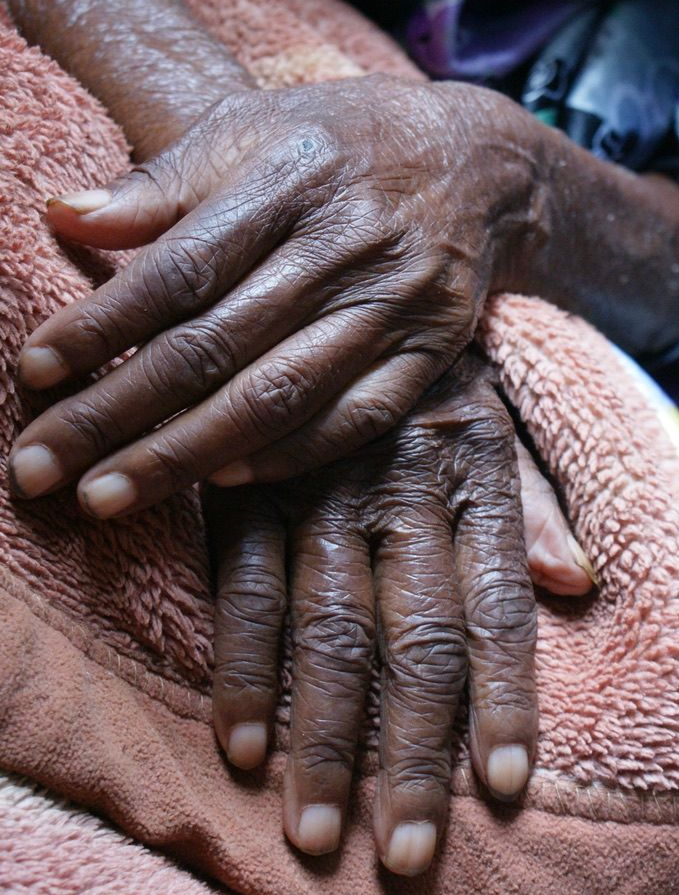In Uganda, where primary healthcare budgets do not yet fully meet demand, child healthcare services provide a high return on investment, compared to routine services that are often offered one by one. Local evidence shows that the opening of the maternal and childcare center can achieve high coverage and reduce child and maternal illness and mortality in the community since mothers will have an area in their closest proximity to monitor their labor processes and childbirth.
Significance
Most mothers in Ndegeya community and beyond initially had to seek maternal services from the near government facilities which are overstretched and lack enough commodities and supplies for health workers and mothers to use while in labor and this has caused some mothers to loose their trust in the government facilities while others never get the expected level of care and end up with after birth complications like Sepsis and hypothermia for their babies. The opening of the MCC rather comes as a blessing to the Ndegeya community.
Focus Areas and Services
The MCC will concentrate on improving several key areas of maternal and child health:
- Maternal health education and counseling
- Immunization services for babies
- Antenatal care
- Postnatal care
- Infant monitoring
- Ultrasound scans for expectant mothers
Community Engagement and Outreach
On its opening day, the MCC demonstrated its commitment to community health by offering a range of free services to local residents. During the day 8 ultrasound scans, 10 eye tests, 21 HIV tests, 10 consultations and 8 hearing tests were provided. This outreach is crucial for building trust and encouraging utilization of the center's services.
Challenges and Proposed Solutions
Despite its promising start, the MCC faces several challenges that need to be addressed:
Vaccine Storage: The lack of a proper cold chain fridge limits the center's ability to provide consistent vaccination services.
Staff Training: Additional training is needed for midwives and nurses, particularly in ultrasound scanning and laboratory procedures1.
Elderly Care: There's a need to improve services for the elderly population, particularly in managing non-communicable diseases.
Laboratory Capabilities: While equipment is available, staff require further training to fully utilize these resources.
To address these issues, the MCC is exploring several solutions, including sourcing a cold chain fridge, organizing specialized training sessions, and seeking ways to enhance the budget for elderly care1.



